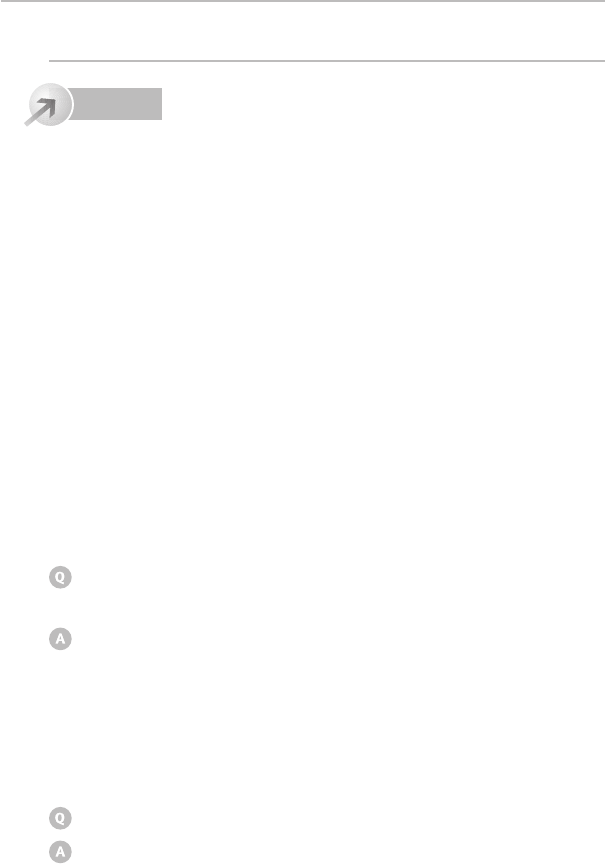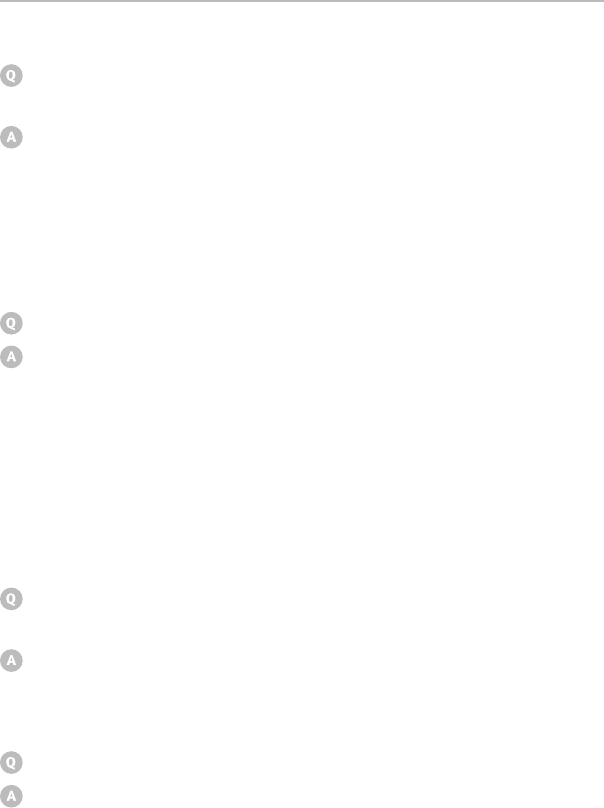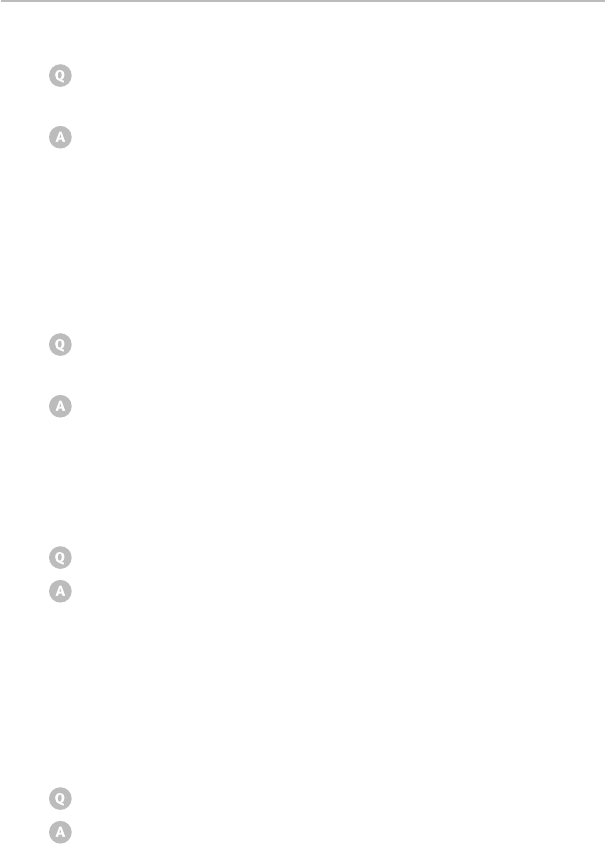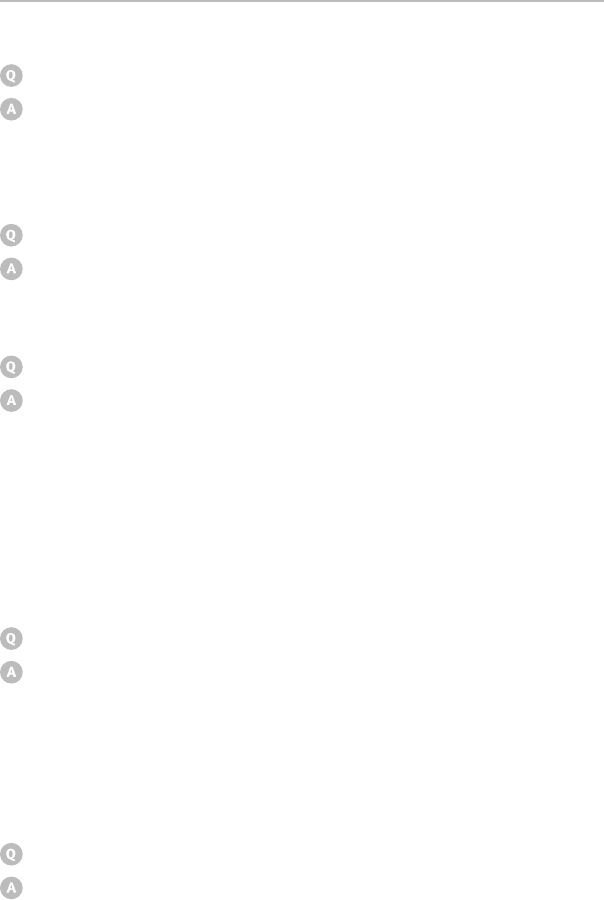
In a nutshell:
G Copywriting is branding with words rather than images.
G Having an interest in language beyond copywriting can give
you an extra set of references.
G Like poetry, copywriting is about using as few words as
possible to say as much as possible.
G Pick your battles. Not everything is worth fighting for.
G Don’t look at the brief, look through the brief.
G Think about who’s ultimately signing your work off – what
do they want?
G Wit works wonders, just don’t overdo it.
G Marry a graphic designer.
Interviews 127
stuff along the way where it feels like walking through treacle – you
definitely shouldn’t become a copywriter if you’re not prepared to do the
boring stuff.
Any sage advice for young writers?
Just start. Take some press ads and rewrite them, start a blog or
website, write articles for a magazine – anything to help you stand out. Or
just write a really good letter to the top design and writing companies and
ask if they want an in-house junior. You should also join 26 and get to
know people. But mainly just get writing.
M08_HORB7347_01_SE_C08.QXP:M08_HORB7347_01_SE_C08 2/6/09 14:25 Page 127

128 brilliant copywriting
brilliant
questions and answers
John Simmons
‘Brilliant copywriting creates emotion in me as I’m reading – a smile, a lump
in the throat – anything. It’s also about the pleasure of something that’s
just right – all the words are in the perfect place and you wouldn’t want to
change one bit.’
If there’s one person responsible for raising the profile of business
copywriting and writing for design over the last decade it’s John Simmons.
He might blush, but the influence of his books and the Dark Angels writer
training courses he helps run can hardly be overstated. He’s also one of
those remarkable people who seem to know everyone. Forget six degrees of
separation, John is more a one degree of separation chap. Always absurdly
encouraging and generous with his time, I met John in the café at the
Royal Society of Arts in Covent Garden where we chatted over the clink of
cups and saucers.
I know you describe yourself as a business writer. What’s the
difference between that and a copywriter?
Not much. Your description of copywriting as ‘writing that sells’ is a good
starting point, although it could be argued that most writing for business is
also to do with selling something, even if it doesn’t involve the exchange of
money. I think business writing is broader, while copywriting is more
specialist. Business writing also tends to be longer in terms of word count.
Even long copy ads are actually quite short compared to a lot of what I do.
On that subject, how much writing do you do these days?
Quite a lot. I think it’s important to keep my hand in and it helps me to
write the books – after all, who am I to speak if I don’t do it myself? I do a
lot of work with design agencies, mainly with people from my past. Since I
left Interbrand in 2002 – I was director of verbal branding there for several
years – the wonderful thing that’s happened is that it’s freed me to work
again with a lot of people I knew in my earlier days, like Domenic Lippa
and Harry Pearce who are now partners in Pentagram.
M08_HORB7347_01_SE_C08.QXP:M08_HORB7347_01_SE_C08 2/6/09 14:25 Page 128

Interviews 129
You’ve clearly resisted the tendency among senior people to step
back from hands-on work and concentrate on consultancy . . .
Yes, I have resisted, mainly because doing this kind of writing keeps me
in touch. It keeps me sharp. And things develop – the copywriting of today
is different from the writing of ten years ago, so you have to stay in contact
with that. But I’d also say that a lot of the writing I do is a form of
consultancy – it’s writing to think through a problem and come up with the
best words to solve it.
How did you get started?
At university I wanted to be a novelist. That didn’t turn out to be a
practical career so I got this strange job working for the National
Economic Development Office where I was communications manager. They
produced reports about the clothing industry or the retail industry or
whatever. They were pretty dull, so I had to make them accessible to the
people working in these businesses. What I really learned was how to turn
industrial gobbledygook into language that ordinary people could
understand.
I’ve often thought that much of the writing we do is really
translation . . .
I absolutely agree. We’re translating from the sort of words understood
by one group into the sorts of words that would be understood by a much
wider circle.
What sort of hours do you work?
Years ago one particular firm of designers called Lock Petterson asked
me to do some moonlighting from my day job. And that’s where I got into
this habit of working that I still maintain. I had a full-time job and two
young children who I wanted to give as much time to as possible, so I had
evenings and weekends free. I would get home from work, put the kids to
bed and then work from 8 p.m. on Friday evening to 2 a.m. on Saturday
morning – six hours of concentrated writing. That worked for me and I’ve
continued to do that ever since – it’s my time to do my most important
writing.
L
M08_HORB7347_01_SE_C08.QXP:M08_HORB7347_01_SE_C08 2/6/09 14:25 Page 129

130 brilliant copywriting
Let’s change tack slightly. Any personality traits that mark out
copywriters?
I’ve thought about this before but I’ve not come to any firm
conclusions. It’s not even an obsession with the craft of writing because I’ve
come across writers who don’t share that. Copywriters can be very different
people, and I think copywriting needs that. Actually I’m going to contradict
myself now and say there’s an element of being comfortable with being a
bit of a loner, but then lots of copywriters work well with art directors or
designers so even that’s not always the case.
And on that subject, do you have any golden rules for better
writing?
I think there are some fundamentals – often fairly obvious ones. For
example, write with personality, draw on your own experience and put it
into your writing. I get quite shamelessly emotional in my writing at times.
In fact some of the best writing I do with tears in my eyes, not just brought
on by the fact that it’s 1 a.m. and I want to get to bed.
Touching people like that is unusual in copywriting . . .
Well, while it’s important to be objective in some forms of copywriting,
some of the best writing works by being emotional rather than purely
rational. You need a good rational case whether you’re writing an ad or
whatever – David Ogilvy talked about the importance of doing research
and getting your facts straight, but then you have to bring something else
to it. If that wasn’t true then PowerPoint slides full of bullets would actually
work.
Talking of Ogilvy, who are the key influences on your writing?
It starts with my school and university days. I’m a writer now because
of the things I learned then, so my influences are from the world of
literature, particularly Dickens and Shakespeare. Amongst modern writers I
like John Irving, F. Scott Fitzgerald, Patrick White – an Australian writer who
won the Nobel Prize in the early seventies. For me to become a better
writer, I need to become a better reader, so I’ve always a book on the go.
When I first got serious about copywriting I read Wally Olins’ The Corporate
Personality and Ogilvy’s various books.
M08_HORB7347_01_SE_C08.QXP:M08_HORB7347_01_SE_C08 2/6/09 14:25 Page 130

Interviews 131
What tools do you use?
I always do my first drafts in longhand using a pencil. On paper or in a
Moleskine notebook. Later I write everything up on a computer, but writing
longhand gives me a closer connection with my thoughts. You were asking
about golden rules, well that’s a golden rule for me.
What’s the hardest part of writing for you?
Working on anything that doesn’t have any meaning for my life. I’ve
never got on with working for financial companies, although I can’t avoid
them.
Short copy or long copy?
I like longer pieces. I like what you can develop in a longer piece in
terms of logic and the ability to really influence people emotionally – I find
it very hard to do that with a strapline. Even the best examples you can
think of, you can imagine a backstory behind them that would make them
much more powerful. For example, ‘Just do it’ doesn’t mean much, whereas
if I wrote the story of Roger Horberry going to Amsterdam and running the
marathon, and the achievement and commitment behind that, there’d be
much more impact.
What sort of research do you do?
Reading, mainly. I obsessively note take. I then read through my notes
highlighting what I think is really important and use that to structure my
argument. So I plan in my head and write my first draft directly out of my
rough notes. I said reading is important, but talking to people is even more
essential. They say really significant things without realising it – it might
just be a word or a phrase – and suddenly there’s your answer.
Where do you start when you’re writing?
I start anywhere. Beginnings are important, but often you find your
idea for a beginning half-way through or at the end. Last week I was
writing a brochure on personal finance for Pentagram and I’d spoken to
someone who made this analogy about shoes. So I started with the idea of
shoes just to see if I could do anything interesting with it. It might turn out
to be a small part of the finished thing, but it’s a way in.
L
M08_HORB7347_01_SE_C08.QXP:M08_HORB7347_01_SE_C08 2/6/09 14:25 Page 131
..................Content has been hidden....................
You can't read the all page of ebook, please click here login for view all page.
